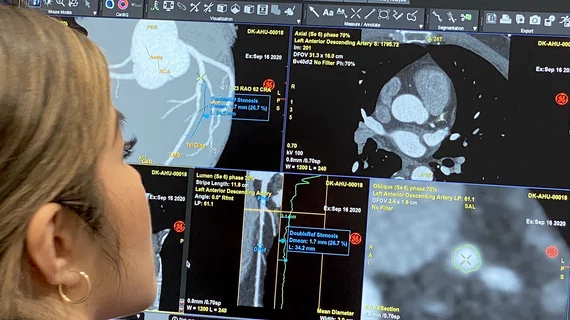PHILADELPHIA, July 22, 2013 -- RightCare Solutions, Inc., an evidence-based technology organization specializing in hospital care transitions and readmission management, announced today that a pivotal study examining the impact of RightCare Solutions' D2S2 care transitions software platform on all-cause 30-day readmissions met its primary endpoint showing a 29% reduction in all-cause 30-day readmission rates in the intervention group. Consistent with the data reported in previous studies, reductions were seen in high-risk patients at all three hospitals that participated in the study. Full results will be presented in upcoming presentations and publications. This study was conducted in partnership with the University of Pennsylvania Health System with the goal of improving care coordination and reducing readmissions. The partnership with RightCare Solutions included the Hospital of the University of Pennsylvania, Penn Presbyterian Medical Center, and Pennsylvania Hospital. By leveraging D2S2, the health system's staff of nurses, clinical resource coordinators, and social workers utilized evidence-based point-of-care software to improve and enhance patient outcomes.





